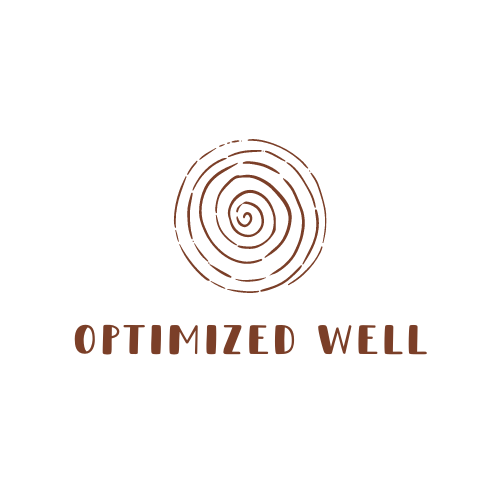Brands We Love

How Hair Health Reveals Nutritional and Emotional Well-being
Hair is more than just a part of our appearance—it serves as a reflection of what’s happening inside our bodies. From the nutrients we consume to the stress we manage (or don’t manage), our hair is often one of the first parts of our bodies to show signs of imbalance. Whether it’s sudden thinning, excessive breakage, or loss of shine, these changes can indicate larger issues related to nutrition and emotional well-being.
Let’s take a closer look at the role nutrition and stress play in our hair health, and how we can work towards healthier, stronger hair.
Nutritional Deficiencies and Hair Health
The condition of our hair is heavily influenced by the nutrients we consume. When we lack essential vitamins and minerals, hair quality can decline, often appearing dry, brittle, or thin. Key nutrients that are particularly vital to hair include:
Protein: Hair is made mostly of keratin, a type of protein. A diet lacking in sufficient protein can lead to weak, fragile hair that breaks easily.
Iron: Iron deficiency is one of the leading causes of hair loss, particularly in women. Without enough iron, your body can’t produce hemoglobin, which helps carry oxygen to cells, including those that stimulate hair growth.
Omega-3 Fatty Acids: Omega-3s support scalp health by keeping it hydrated and reducing inflammation that can lead to hair thinning.
Biotin and B Vitamins: These vitamins help in the formation of red blood cells, which carry oxygen and nutrients to the scalp and hair follicles. Deficiencies can lead to hair loss or thinning.
Including nutrient-dense foods such as leafy greens, lean meats, fatty fish, eggs, and nuts can dramatically improve hair strength and growth. Ensuring that you have a balanced intake of these key nutrients helps nourish hair from the inside out.
How Stress Affects Hair
Stress, whether emotional or physical, also plays a significant role in the health of your hair. When the body experiences chronic stress, it releases cortisol, a hormone that can affect the hair growth cycle. Stress can trigger several types of hair loss, including:
Telogen Effluvium: This condition causes hair to shed prematurely. Stress pushes large numbers of hair follicles into the resting phase, resulting in increased shedding over time.
Alopecia Areata: Emotional stress has been linked to this autoimmune disorder, which causes the immune system to attack hair follicles, leading to patchy hair loss.
Managing stress through relaxation techniques, regular exercise, and even hobbies can help lower cortisol levels, benefiting both your mental well-being and your hair. Keeping a healthy mind can lead to a healthier scalp and stronger hair over time.
Balancing Hair Health Through Self-Care
Achieving healthy hair is about more than just using the right shampoo or conditioner. It’s about creating balance in your overall lifestyle, ensuring that your body is getting the right nutrients and that your mind is being cared for. Here are some tips to boost hair health naturally:
Eat a nutrient-rich diet: Focus on foods that are high in vitamins and minerals that support hair growth, such as iron-rich spinach, protein-packed eggs, and omega-3-rich salmon.
Stay hydrated: Drinking plenty of water supports all aspects of your body’s health, including your hair. Hydrated hair tends to be shinier and less prone to breakage.
Reduce stress levels: Incorporating activities like yoga, meditation, or even walking can reduce stress hormones and prevent hair loss triggered by emotional strain.
Sleep well: Rest is crucial for hair growth as your body repairs and regenerates cells, including hair follicles, while you sleep.
While focusing on internal health, it’s also important to consider external care for your skin, which plays a role in how your hair looks and feels. Healthy scalp skin can promote stronger hair, and keeping skin well cared for overall supports a more vibrant appearance. For premium skincare products to complement your routine, check out Clean Skin Club for a range of items that can enhance both your skin and hair care efforts.
Your hair can tell a lot about what’s going on inside your body. By paying attention to the signs it gives, like thinning, breakage, or lack of shine, you can identify areas where your nutritional or emotional health may need attention. Focusing on balanced nutrition and managing stress effectively will not only improve your hair’s condition but also support your overall well-being. And remember, good skincare is part of the overall equation for looking and feeling your best—don’t hesitate to explore the offerings at Clean Skin Club for high-quality products that promote healthier skin and hair.
One or more of the links above are affiliate links, meaning, at no additional cost to you, we will earn a slight commission if you click through and make a purchase. Each of these products is chosen by a trusted member of our team.

© 2024 Optimized Well | Terms of Service
